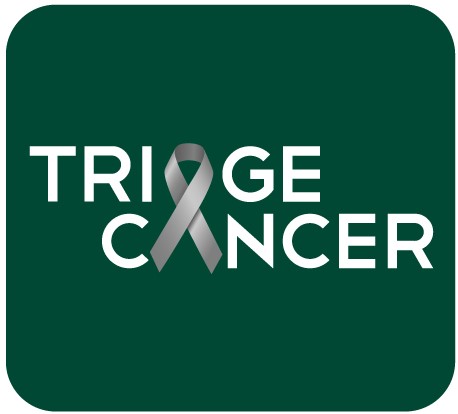Comprehensive Resources for Spinal Cord Tumor Patients and Their Family
- William Drake
- Nov 10, 2025
- 3 min read
Spinal cord tumors present unique challenges that affect patients and their families in many ways. Finding reliable information, connecting with others who understand the experience, and navigating life during and after treatment can feel overwhelming. Fortunately, several organizations offer specialized support, education, and community connections tailored to spinal cord tumor patients and survivors. This post highlights key resources that provide practical help and guidance throughout the journey.

Spinal Cord Tumor Association (SCTA) https://rarediseases.org/
The Spinal Cord Tumor Association is a U.S.-based nonprofit founded by survivors of spinal cord tumors. It focuses exclusively on supporting patients and families affected by these rare tumors. SCTA offers peer support programs where patients can connect with others who share their diagnosis and experiences. This survivor-led guidance helps individuals feel less isolated and more empowered.
SCTA also provides educational resources that explain spinal cord tumors in clear language, covering diagnosis, treatment options, and coping strategies. Their community connection efforts include online forums and local meetups, fostering a network of support that extends beyond medical care.
Why SCTA is useful:
Connect with others who understand spinal cord tumors firsthand
Access survivor-led advice and emotional support
Find educational materials tailored to spinal cord tumor patients
Brain & Spine Foundation (UK) – Spinal Tumours
The information is written in straightforward language, making complex medical topics easier to understand. It also addresses practical concerns such as managing side effects and planning for recovery. This booklet is especially helpful for patients and families seeking clear, accessible information about spinal tumors.
Key benefits of the booklet:
Covers all major aspects of spinal tumor care
Written in clear, patient-friendly language
Includes guidance on rehabilitation and daily living
Memorial Sloan Kettering Cancer Center (MSK) is a leading U.S. cancer center with a dedicated page for spine tumor survivorship. Their resources focus on life after treatment, including rehabilitation, physical and occupational therapy, integrative medicine options, and counseling services.
MSK also addresses issues specific to older patients, recognizing the unique challenges they face during recovery. This comprehensive approach helps survivors manage long-term effects and improve quality of life.
What MSK offers survivors:
Detailed information on rehabilitation and therapy
Support for emotional and mental health needs
Resources tailored to older adults
Cancer diagnosis often brings complex legal, insurance, and employment challenges. Triage Cancer is a national nonprofit that provides free education on these practical issues. Although not specific to spinal cord tumors, many of their resources apply to patients navigating cancer care.
Triage Cancer offers webinars, guides, and toolkits to help patients understand their rights, manage insurance claims, and handle workplace accommodations. This support can reduce stress and help patients focus on their health.
How Triage Cancer helps:
Explains legal rights related to cancer diagnosis
Guides patients through insurance and disability processes
Offers advice on employment and workplace accommodations
American Cancer Society – Patient Education Materials https://www.cancer.org/
The American Cancer Society (ACS) provides a wide range of downloadable materials covering cancer treatments, side effects, survivorship, and questions to ask healthcare providers. Their easy-to-read guides help patients and families understand what to expect and how to prepare for appointments.
ACS materials are useful for anyone seeking foundational cancer education, including spinal cord tumor patients who want to learn more about their condition and treatment options.
ACS resources include:
Clear explanations of cancer treatments and side effects
Tips for managing symptoms and improving well-being
Question lists to help patients communicate with their care team
American Association for Cancer Research – Patient and Advocate Resources https://www.aacr.org/
The American Association for Cancer Research (AACR) offers tools and programs designed to educate patients and advocates about cancer research. Their resources encourage patient involvement in advocacy efforts and provide information on how research advances treatment.
For spinal cord tumor patients interested in learning about ongoing studies or participating in advocacy, AACR is a valuable source of support and education.
AACR provides:
Educational programs about cancer research
Tools for patient advocates to engage with research communities
Opportunities to contribute to cancer awareness and policy
Spinal cord tumor patients and survivors face many challenges, but these organizations offer targeted support and information to help navigate the journey. From peer connections and clear educational materials to legal guidance and survivorship care, these resources empower patients and families to make informed decisions and find community.
If you or a loved one is affected by a spinal cord tumor, exploring these resources can provide valuable assistance and hope. Start by visiting the websites mentioned here to access support networks, download helpful guides, and learn more about managing life with a spinal cord tumor.





Comments